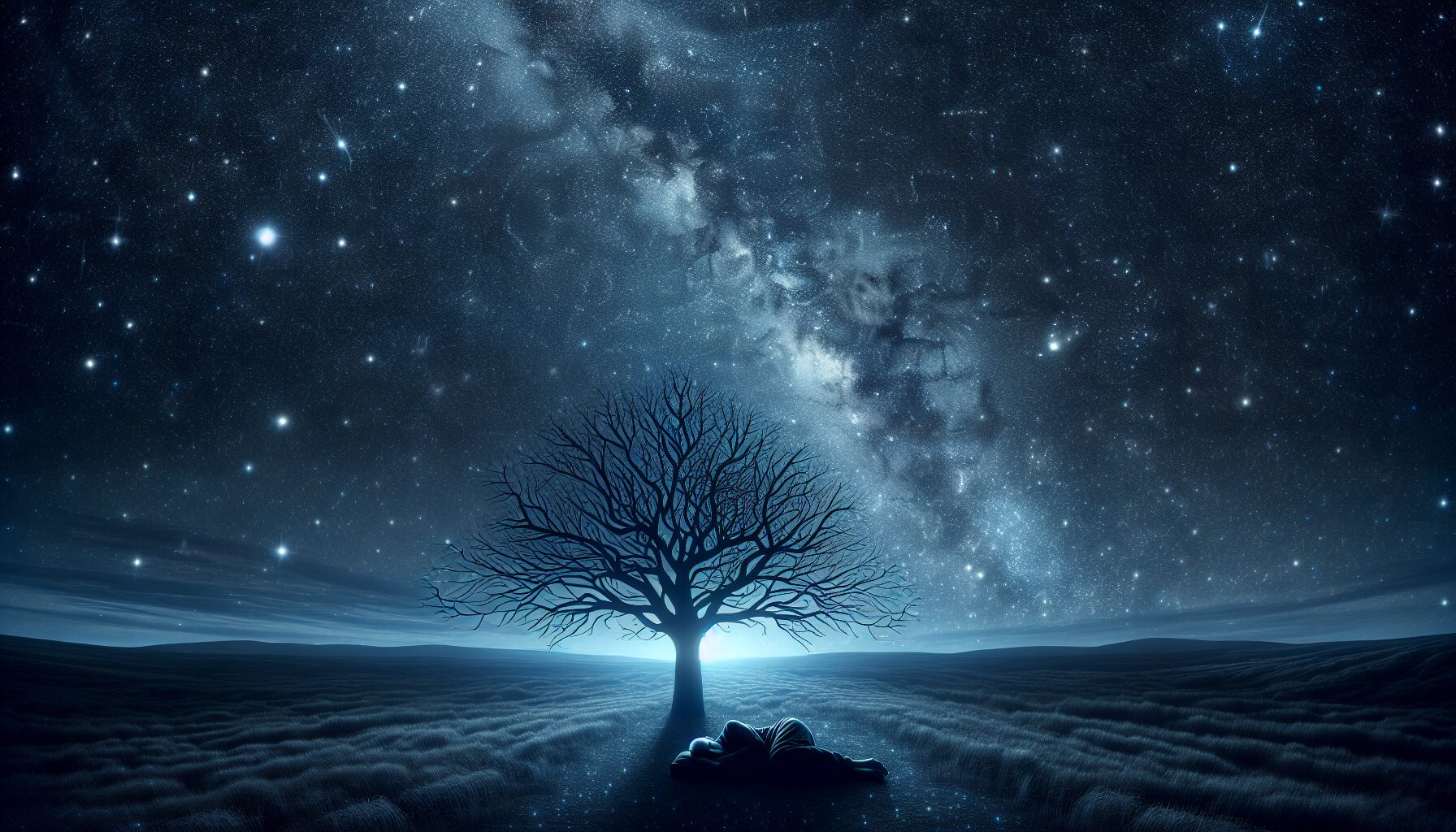Sleep as Mini-Death: Biology’s Daily Practice of Dying
Sleep has long been a source of fascination and mystery, often described as a “mini-death” by various cultures and philosophies. The comparison arises from the significant loss of consciousness and physical inactivity, resembling the stillness of death, which occurs every night. But is this analogy purely poetic, or does it hold some biological truth?
The Biological Perspective
The phenomenon of sleep as a daily practice of dying can be explored through a biological lens. Matthew Walker, a renowned sleep scientist, explains that during sleep, “we go through cycles of non-REM and REM sleep, essentially disconnecting from our environment as we temporarily ‘die’ to the world” ([source](https://www.sleepfoundation.org/)). This disconnection is critical for numerous bodily functions, including memory consolidation, immune system regulation, and cellular repair.
Comparative States: Sleep and Death
- Loss of Consciousness: Just as death leads to a permanent loss of awareness, sleep temporarily suspends conscious experience, bringing a sense of oblivion.
- Physical Inactivity: During deep sleep, the body experiences temporary paralysis, known as atonia, particularly in the REM phase. This is reminiscent of the immobility observed in death.
- Metabolic Changes: Sleep induces a state of reduced metabolic rate, which is also a characteristic of biological decay processes after death.
Philosophical and Cultural Reflections
The idea of sleep as a mini-death is not just biological but also philosophical. For instance, the ancient Greek philosopher Heraclitus noted, “Even sleepers are workers and collaborators in what goes on in the universe” ([source](https://www.goodreads.com/author/quotes/4090.Heraclitus)). This suggests that despite its apparent inertness, sleep plays an essential role in life’s cyclical process, much like death does in the broader ecological context.
“The only time I have problems is when I sleep. Perhaps I’m a unique being, being in dormancy while alive.” – René Descartes
Conclusion
While sleep is a revival waiting to happen, it serves as a reminder of the temporary nature of life and perpetuates the cycle of birth, growth, and decay. As a biological necessity deeply intertwined with our survival, sleep deserves reverence rather than fear, much like death itself.
Understanding sleep as a mini-death enhances our appreciation for the necessity and benefits of this nightly ritual, allowing us to embrace it as a rehearsal that sustains and revitalizes our daily lives.
